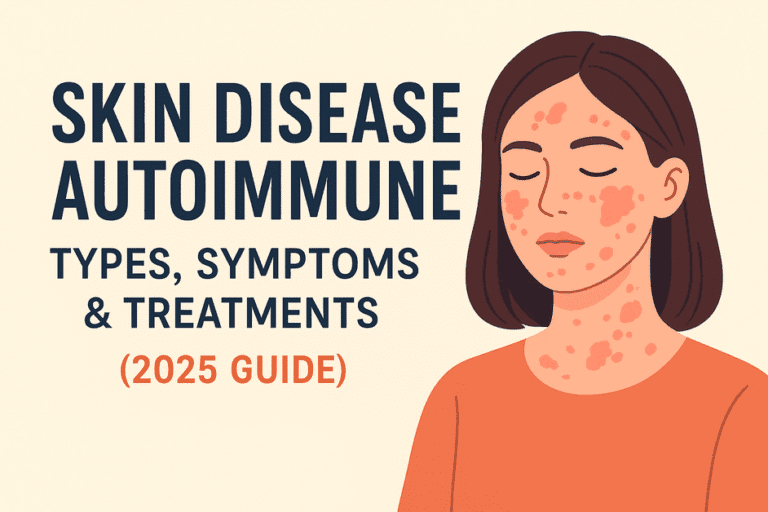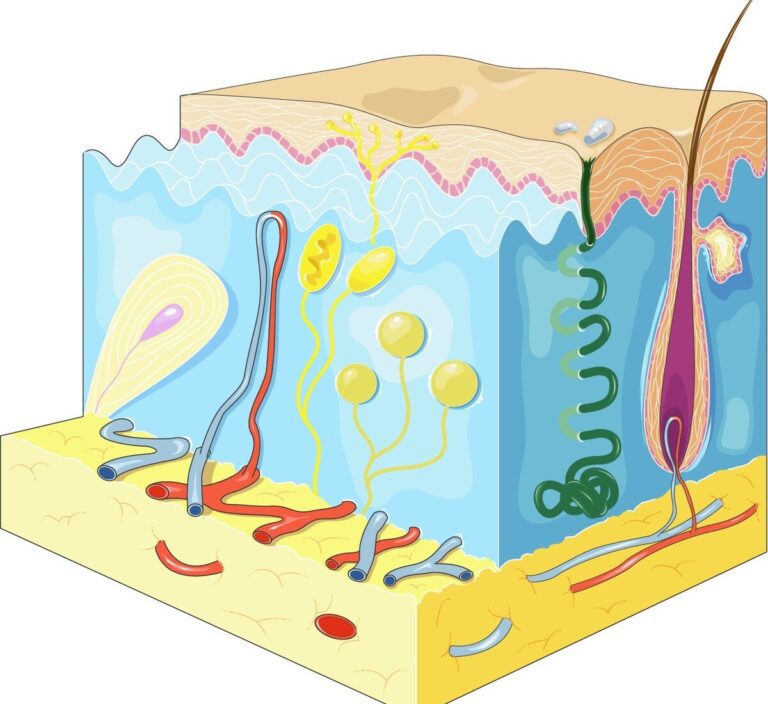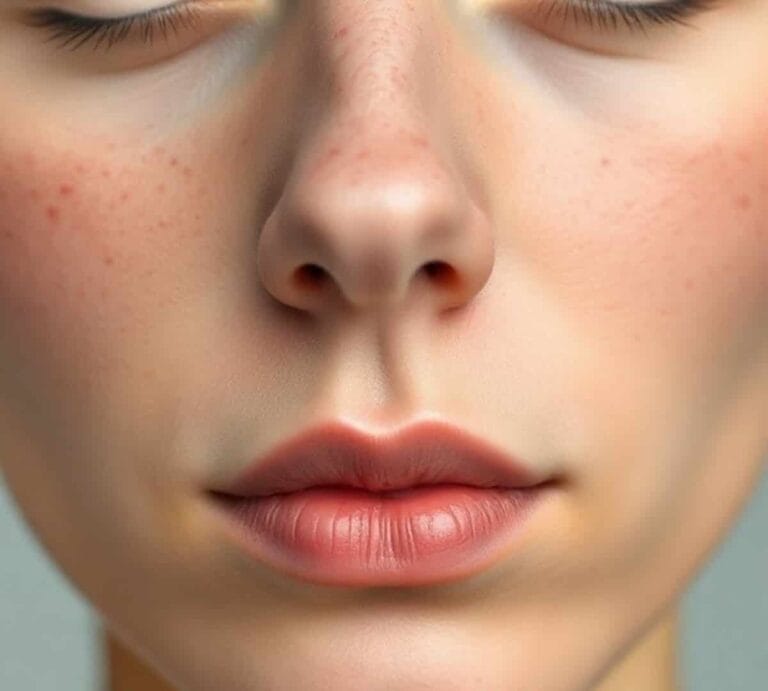Laser Treatment for Dark Spots: Cost, Benefits & Side Effects
Laser Treatment for Dark Spots: Ultimate Guide to Clear, Glowing Skin
Introduction
Dark spots are a common skin concern affecting both men and women, caused by factors like sun exposure, hormonal changes, acne scars, and aging. While mild discoloration can often be reduced with home remedies for dark spots or topical creams, more stubborn pigmentation usually requires professional intervention. This is where laser treatment comes in.
Laser therapy is recognized as one of the quickest and most reliable ways to tackle persistent dark spots. Unlike serums or creams, which may take months to show results, topical solutions for stubborn dark spots provide gradual improvement, while lasers target the pigment directly for faster, more visible outcomes.
In this comprehensive guide, we’ll break down everything about laser treatment for dark spots—from how it works and its different types to the benefits, potential side effects, cost, and aftercare tips—so you can make an informed decision for brighter, clearer skin.
What is laser treatment for dark spots?
Laser treatment for dark spots is a medical skincare procedure in which focused beams of light are directed at areas of pigmentation. These light waves break down melanin (the pigment responsible for dark spots), and over time, the body naturally removes these broken particles.
✔️ Works for different types of pigmentation, such as age spots, sunspots, acne scars, and melasma.
✔️ Non-surgical, minimally invasive, and performed by dermatologists.
✔️ Offers long-lasting results compared to over-the-counter creams and serums.
Simply put, laser treatment for dark spots provides faster and more noticeable results when traditional remedies don’t work.
How Does Laser Treatment for Dark Spots Work?
When you go for laser treatment for dark spots, the procedure works by sending concentrated light beams directly into the skin. These beams specifically target pigmented areas without damaging the surrounding healthy skin.
Here’s how the process usually works:
- Consultation with a dermatologist—A skin expert first examines your skin type, the depth of pigmentation, and medical history to decide which laser is best for you.
- Preparation—Your face is cleansed, and sometimes a numbing cream is applied to minimize discomfort.
- Laser Application—The dermatologist uses a handheld laser device to deliver light pulses over the dark spots.
- Pigment Breakdown—The laser energy breaks melanin into tiny fragments. Over the next few days or weeks, your body naturally absorbs and eliminates these fragments.
- Skin Renewal—As the pigmentation fades, newer and clearer skin appears, reducing the visibility of dark spots.
🔑 The best part is that laser treatment for dark spots works in multiple sessions. Most people need 3 to 6 sessions for noticeable and lasting results.
Types of Laser Treatment for Dark Spots
Not all dark spots are the same, and that’s why dermatologists use different types of lasers depending on the condition:
- Q-Switched Nd:YAG Laser
- Penetrates deep layers of skin
- Ideal for melasma and stubborn pigmentation
- Safe for darker skin tones
- Fractional CO₂ Laser
- Best for acne scars and deep spots
- Stimulates collagen for smoother skin
- Requires longer downtime
- IPL (Intense Pulsed Light)
- Uses broad-spectrum light instead of one wavelength
- Gentle option for sunspots and age spots
- Minimal downtime
- PicoSure Laser
- Latest technology with ultra-short pulses
- Faster healing and fewer sessions needed
- Works on stubborn pigmentation and tattoos too
👉 Each type of laser treatment for dark spots has unique benefits, and your dermatologist will recommend the most suitable one based on your skin condition.
Benefits of Laser Treatment for Dark Spots
Choosing laser treatment for dark spots comes with multiple advantages compared to creams, serums, or natural remedies. Here are the key benefits:
- Fast and noticeable results—Unlike creams that may take months, laser sessions show visible improvement in just a few weeks.
- Targets deeper pigmentation—works on stubborn spots like melasma and acne scars that topical treatments can’t fade easily.
- Safe and effective—When performed by a certified dermatologist, the treatment is controlled, precise, and clinically proven.
- Improves overall skin texture—Besides reducing pigmentation, lasers also stimulate collagen production, making your skin smoother and younger-looking.
- Long-lasting outcomes—With proper aftercare and sun protection, results can last for years.
Simply put, laser treatment for dark spots doesn’t just fade pigmentation—it enhances your skin’s clarity, glow, and health.
Side Effects of Laser Treatment for Dark Spots
Although it is generally safe, laser treatment for dark spots can have some temporary side effects, especially if aftercare is not followed properly. Common ones include
- Redness or swelling—usually lasts for a few hours to a day.
- Mild irritation or peeling—The treated area may flake slightly as the skin renews itself.
- Sun sensitivity—Skin becomes more vulnerable to UV rays, making sunscreen a must.
- Temporary darkening (hyperpigmentation)—Rare, but can occur if treatment is not done according to skin type.
- Slight discomfort during the session—feels like tiny pinpricks or heat, but numbing cream reduces this sensation.
👉 The good news: These side effects are usually mild and fade quickly when treatment is done by a professional and aftercare guidelines are followed.
Cost of Laser Treatment for Dark Spots
The price of laser treatment for dark spots varies widely depending on where you live, the type of laser used, and the number of sessions required. Here’s a general breakdown:
- United States: $200–$600 per session
- United Kingdom: £150–£500 per session
- India: ₹8,000–₹20,000 per session
- Pakistan: PKR 10,000–30,000 per session
Most patients need 3–6 sessions to achieve the best results, so total cost may range from a few hundred to several thousand dollars.
💡 Tip: Always choose a certified dermatologist or clinic instead of going for cheap options. Skilled professionals reduce the risk of side effects and provide better results.
Who Should Consider Laser Treatment for Dark Spots?
Not everyone is an ideal candidate. You should consider laser treatment for dark spots if:
✔️ You have stubborn pigmentation that doesn’t respond to creams or serums
✔️ You want faster, long-lasting results
✔️ You can avoid direct sunlight after treatment
✔️ You are generally healthy and not pregnant or breastfeeding
✔️ You are committed to following aftercare instructions
⚠️ People with very sensitive skin, certain medical conditions, or those taking photosensitive medications should consult their doctor before treatment.
Alternatives to Laser Treatment for Dark Spots
While laser treatment for dark spots is highly effective, not everyone is ready for the cost or clinical procedure. Luckily, there are several alternatives:
- Topical Serums
- Vitamin C, niacinamide, and retinol serums help lighten mild pigmentation.
- Best for early-stage or light spots.
- Chemical Peels
- Dermatologists apply mild acids (like glycolic acid or salicylic acid) to exfoliate the skin.
- Helps reduce pigmentation and smoothens skin texture.
- Microneedling
- Uses tiny needles to stimulate skin repair and collagen production.
- Can improve acne scars and mild pigmentation.
- Natural Remedies
- Aloe vera, turmeric, and lemon juice have skin-brightening effects.
- Results are slow and may not work on deeper dark spots.
👉 These methods may help, but none work as fast or as effectively as laser treatment for dark spots, especially for stubborn pigmentation.
Aftercare Tips for Laser Treatment for Dark Spots
To get the best and longest-lasting results, aftercare is essential. Here’s what dermatologists recommend:
- Apply sunscreen daily (SPF 30+ minimum)—sun exposure can bring spots back.
- Keep your skin hydrated—use a gentle, fragrance-free moisturizer.
- Avoid harsh products—no scrubs, retinol, or chemical peels for at least 1–2 weeks.
- Stay out of the sun—especially for the first 2 weeks after each session.
- Follow the dermatologist’s advice—stick to the skincare plan they provide.
💡 Good aftercare ensures your laser treatment for dark spots delivers clear, glowing, and long-lasting results.
FAQ
Q1: Is laser treatment for dark spots permanent?
Not always permanent, but results can last for years if you protect your skin from the sun and follow aftercare.
Q2: How many sessions are required?
Most people need 3–6 sessions of laser treatment for dark spots for the best results.
Q3: Is the treatment painful?
Mild stinging or heat may be felt, but numbing cream is usually applied to reduce discomfort.
Q4: Can people with dark skin get laser treatment?
Yes, but specific lasers like Q-Switched Nd:YAG are safer for darker skin tones. Always consult a dermatologist first.
Q5: Which is better—creams or laser for dark spots?
Creams and serums work for mild pigmentation. For stubborn and long-lasting spots, laser treatment for dark spots is the most effective option.
Conclusion
Dark spots may not be harmful, but they can affect confidence and make your skin look uneven. If creams and home remedies haven’t worked, laser treatment for dark spots is a safe, fast, and reliable solution recommended by dermatologists.
By targeting melanin directly, laser treatment offers results that are difficult to achieve with topical solutions. With proper aftercare, you can enjoy clearer, brighter, and younger-looking skin for years.







